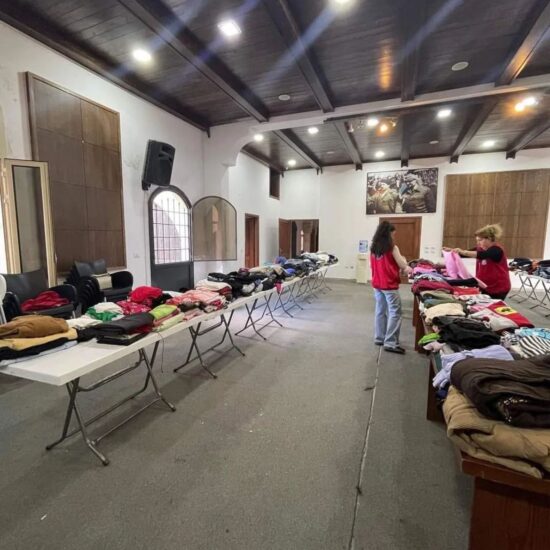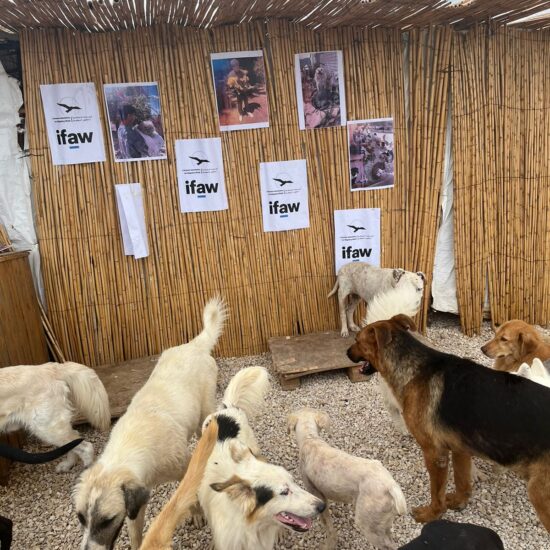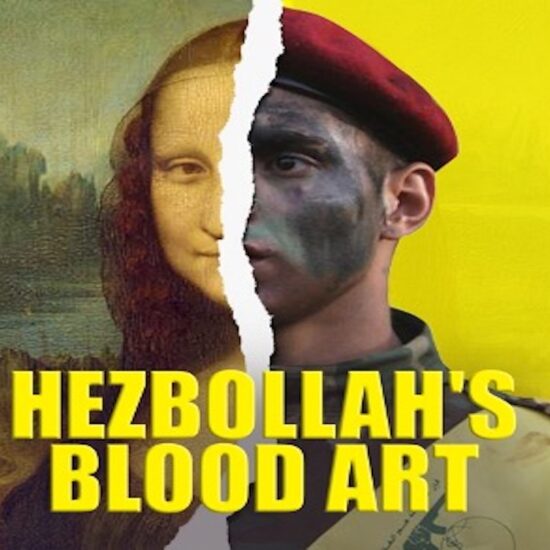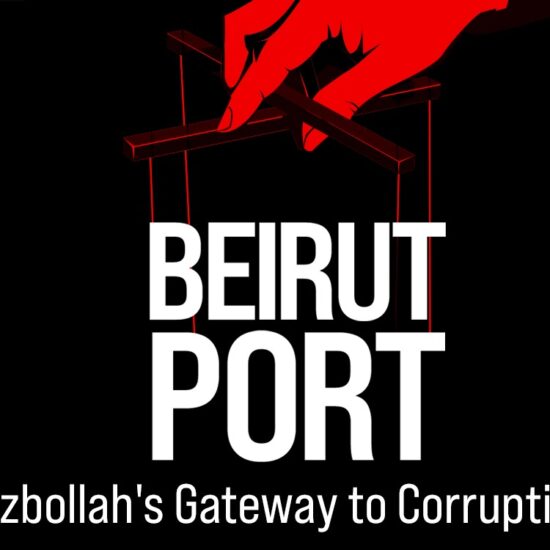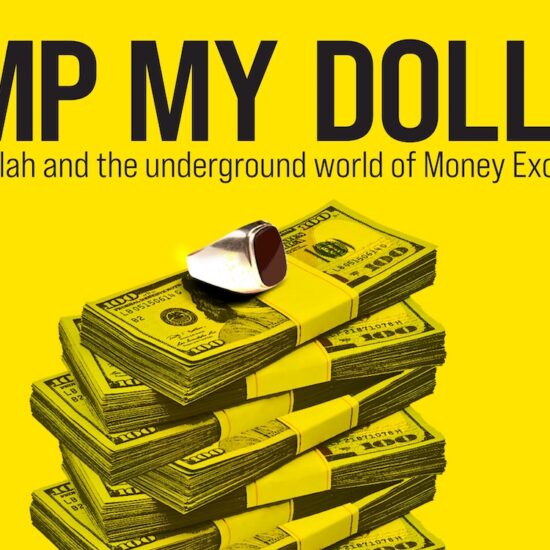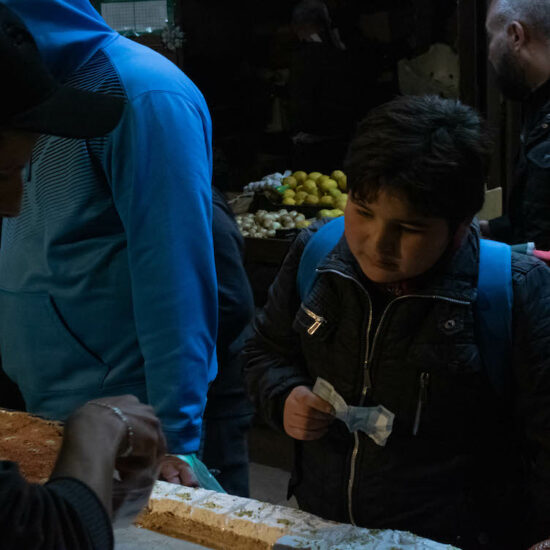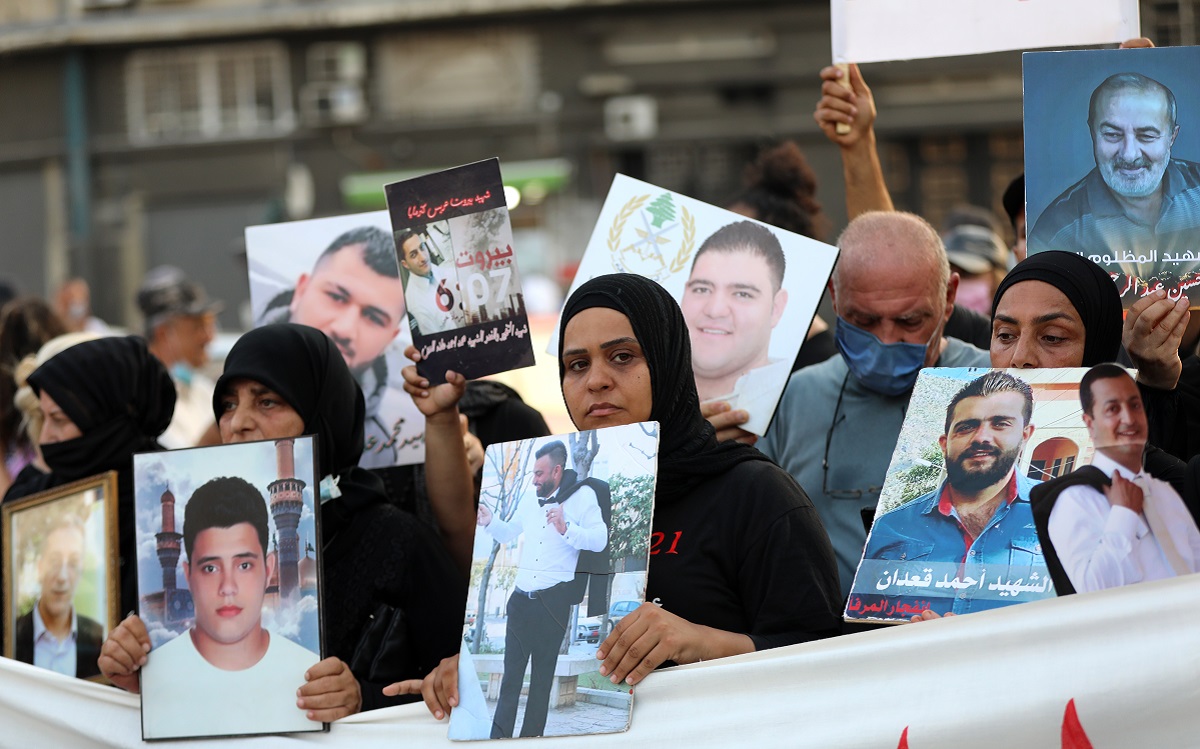
The European Parliament heeds calls from Beirut port blast survivors, relatives of the victims, and multiple human rights groups and takes the lead in stepping forward with a resolution calling for an independent international fact-finding mission, within the framework of the United Nations, into the largest explosion in Lebanon’s history that wreaked carnage, killed at least 218 and reduced large swathes of the city to smithereens.
Labeling the situation in Lebanon as a “man-made disaster,” the resolution also calls for the European Union to impose targeted sanctions on Lebanese officials should they continue stonewalling reforms and barring the Beirut port investigation from yielding tangible results.
“Member states claim that they’re waiting to see the results of the Lebanese investigation, it’s been more than a year now yet we have absolutely no results and no reason to be optimistic, on the contrary, we see time and time again the political class obstructing, delaying and undermining the investigation,” said Aya Majzoub, a researcher at the Human Rights Watch.
The well-knitted, corrupt political establishment, the same entity who vowed to deliver justice within five days after the explosion, keeps boldly encroaching on the domestic investigation’s progress, jeopardizing the independence of the process, and has held no one accountable 13 months later.
Families of victims, and Lebanese and international human rights organizations have called for an international UN-backed inquiry into the blast and advocates say that many countries are ready to support such a decision. However, experts say, the international probe or fact-finding mission is possible only if a state or a group of states initiates the motion and officially puts it on the UN Human Rights Council agenda.
Appeal to the UN
The United Nations Human Rights Council is currently holding its 48th regular session which began on September 13 and continues until October 8. But Lebanon is not on the agenda.
“It’s not on the agenda as a stand-alone issue, unfortunately, but many states said they will be mentioning Lebanon in various sessions in their item remarks to UN special rapporteurs,” Majzoub said. “We hope that a lot of states will have very strongly-worded statements toward Lebanon particularly regarding the lack of accountability for the Beirut blast more than a year after the explosion.”
A second urgent appeal was made last week to the HRC in a joint letter endorsed by 145 international and regional rights groups, as well as survivors and families of the victims, to establish a one-year-fact-finding mission into the August 4 Beirut explosion.
With at least 30 more groups and individuals on board, compared to the joint letter sent in June 2021, and given the continuous determination to block the domestic investigation, the letter expressed broader support and reiterated the calls for an international and impartial inquiry.
“It’s not on the agenda as a stand-alone issue, unfortunately, but many states said they will be mentioning Lebanon in various sessions in their item remarks to UN special rapporteurs.”
Aya Mazjoub, HRW
“We had more signatories this time than we had in June,” Majzoub said. “This is important in showing the increasing lack of faith in the domestic process as it drags on and as the political class makes it very clear that they’re not going to lift immunities – they’re not going to allow for senior security officials to be questioned.”
She added that the letter also aids in demonstrating it’s not solely the HRW urging for an international investigation. “This is a call from most of the families of the firefighters that were killed in the explosion, from a very significant number of survivors and families of the victims of the blast and a large number of regional and international rights groups.”
Diala Haidar, Lebanon’s campaigner at Amnesty International, said multiple Lebanese authorities foresaw a significant loss of life by criminally failing to take measures when warned about the grave danger posed by the ammonium nitrate cargo stored at the Beirut port for seven years.
She explained the demand for an international probe posits “the right to life,” enshrined in Article 6 of the International Covenant on Civil and Political Rights, according to which Lebanon has an obligation to investigate the causes of the explosion.
Yet, Lebanese authorities have spared no effort in obstructing the victims’ families seeking truth and accountability by shamelessly hampering justice at every turn and shielding political and security officials from scrutiny, Haidar added.
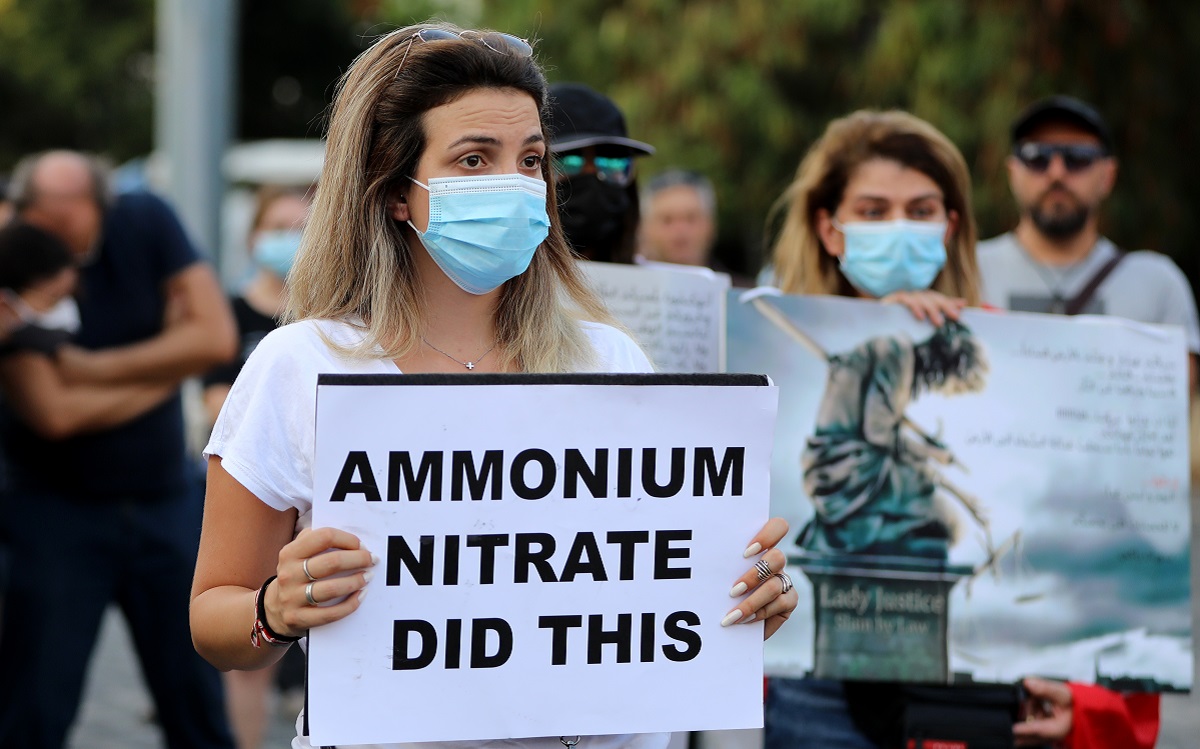
Investigation hindered
Twisting the knife in the wound, riot police fired tear gas at and beat relatives of victims with clubs on July 13 when the families stormed the building of the previous caretaker interior minister, Mohamed Fahmi, protesting his decision to overrule a request by the judge investigating the port explosion to interrogate one of Lebanon’s most senior generals, the head of General Security, Major General Abbas Ibrahim.
A month later, parliamentary police and unidentified men dressed in black and armed with batons viciously charged at families of the Beirut blast victims, who flocked toward the UNESCO Palace to peacefully stage a camp out ahead of a key parliamentary session on the investigation, according to Amnesty International. Two journalists were hospitalized, several people were injured and the session aimed at ousting the judiciary probe and replacing it with a parliamentary one, which meant potential further protection for politicians in question, was postponed.
“They have resorted to violence against the families of the victims who are still leading a tireless campaign for accountability which only shows the authority’s disdain for justice and their unwillingness to deliver any kind of decent investigation into the explosion,” Haidar said, referring to the ruling political class.
The Discriminatory Public Prosecution leaked inaccurate investigation documents about eight months ago to create suspicion around the judge, said Ibrahim Hoteit, a spokesperson for a committee representing the relatives of some of the victims. His brother is one of the 10 firefighters who were dispatched to put out the fire at the port and perished in the explosion that followed.
“We are not living under a state, we live among gangs who form what they consider a state,” Hoteit said. “Consequently, these people will never admit the truth. They don’t sympathize with our pain and suffering, with the mothers’ tears, which until this day are still not dry.”
Lebanese authorities insistently refuse to lift immunities safeguarding prominent political and security figures summoned in the Beirut port blast probe who keep evading questioning.
Tarek Bitar, the lead judge investigating the blast, astounded those tracking the process by pursuing a range of high-level politicians and senior security officials, who have been indicted with criminal negligence causing death.
“The Lebanese legislature granted immunities to politicians to protect their rights and eliminate the possibility of being coerced upon exercising their duty by fear of prosecution.”
Mohammad-Ziad Jaafil, Lawyer
Bitar has been confronted with fierce accusations of contravening state laws and transcending the sphere of his authority.
The investigation’s findings don’t only impact the families of victims, Hoteit said. “We might’ve been more affected by the Beirut port blast, as families of victims, but the blast’s outcome extended to everyone, in one way or another. If a case in this size, that left behind this much destruction and that many numbers of victims, didn’t stir a change in Lebanon, then don’t bother, nothing will change it.”
Charged officials, namely former prime minister Hassan Diab, who learned about the ammonium nitrate around a month before the explosion, and former public works minister Youssef Fenianos, who supervised the port, have failed to appear for their interrogation sessions. The former traveled to the U.S., allegedly on a pre-planned trip to visit his kids, despite a subpoena from the judge who then postponed Diab’s interrogation until October 4, the state-run National News Agency said Monday.
Bitar issued an arrest warrant for Fenianos after he missed his interrogation last week to which he replied that he was “subjected to great injustice.”
“Even if Bitar is doing a good job, the purpose of the international investigation would be to support the domestic investigation and not to hinder it,” Haidar said.
Meanwhile, the Iran-backed political group Hezbollah’s leader, Hasan Nasrallah, accused Bitar of being politically biased in early August. Former prime ministers, Saad Hariri, Najib Mikati, Tammam Salam and Fouad Saniora, who constitute the mini unofficial prime ministers’ club, along with Lebanon’s Grand Mufti, the highest Sunni Muslim cleric in the country, persist on supporting the implicated politicians.
“We have seen statements by the leader of Hezbollah, by the prime ministers’ club, various political parties, all saying that [Judge Bitar] is politicized, casting doubt on his impartiality,” Majzoub said. “We’ve seen them not recognize his authority saying that he doesn’t have the authority to charge or subpoena them — they’re using every tool at their disposal to block him.”
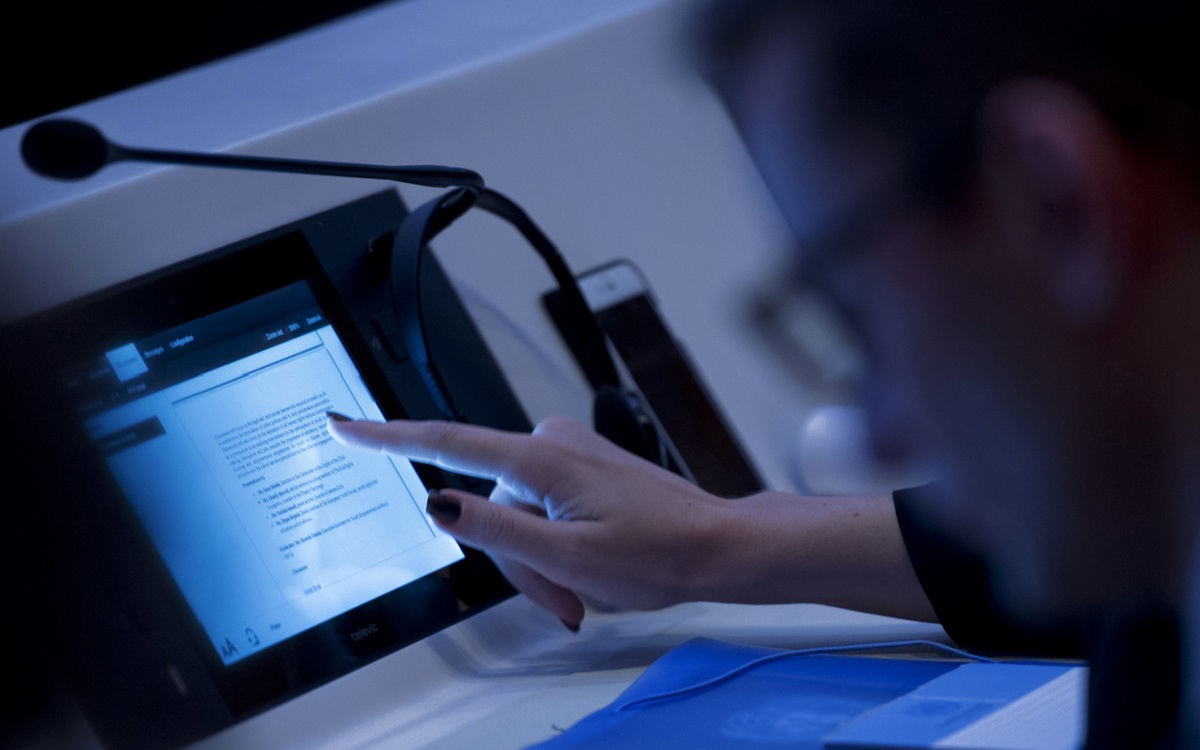
A precedent for the future
Lawyer Mohammad-Ziad Jaafil is convinced political factors govern the local investigation, primarily because every official who has been summoned to court is backed by political and sectarian reinforcement impeding the progress with feigned excuses.
“The Lebanese legislature granted immunities to politicians to protect their rights and eliminate the possibility of being coerced upon exercising their duty by fear of prosecution, “Jaafil said.
He added the immunities politicians are granted weren’t intended to be used as means to obstruct justice.
An international investigative body can be formed when a country or a group of states take the lead in outlining a resolution and demand establishing such a body to which then the 47 members of the HRC vote on, Majzoub said.
The HRW’s team in Geneva, whose primary job is advocacy with the UN bodies including the HRC, has been pushing this advocacy task for many months, according to Majzoub.
“They have resorted to violence against the families of the victims who are still leading a tireless campaign for accountability which only shows the authority’s disdain for justice and their unwillingness to deliver any kind of decent investigation into the explosion.”
Diala Haidar, Amnesty International
“So far nobody is in opposition to this request. All of the states that we’ve spoken with would support such an initiative if it was proposed at the Human Rights Council but no state so far is willing to take the lead in drafting the resolution,” she added.
The resolution would not entail Lebanon’s consent as most inquiry missions have been established regardless of the consent of the host country, Majzoub said. “For example after the latest round of hostilities in Israel and Palestine, the council created a new commission of inquiry to look into abuses and it went ahead despite the opposition of Israel.”
“Let’s give the Lebanese investigation a chance” is the statement being echoed by many states according to Majzoub, mainly after the new government was formed after 13 months of deadlock.
However, in the shadows of political complications, conflicting laws, overlapping powers and deep-rooted sectarianism, there is no hope of uncovering the truth, Jaafil believes.
Majzoub added the ruling political establishment knows if the probe moves forward it will be a precedent for future investigations and it’ll bear witness that they are not untouchable — that they can be held accountable.
Sally Abou AlJoud is a multimedia journalist with @NOW_Leb. She is on Twitter @JoudSally.


